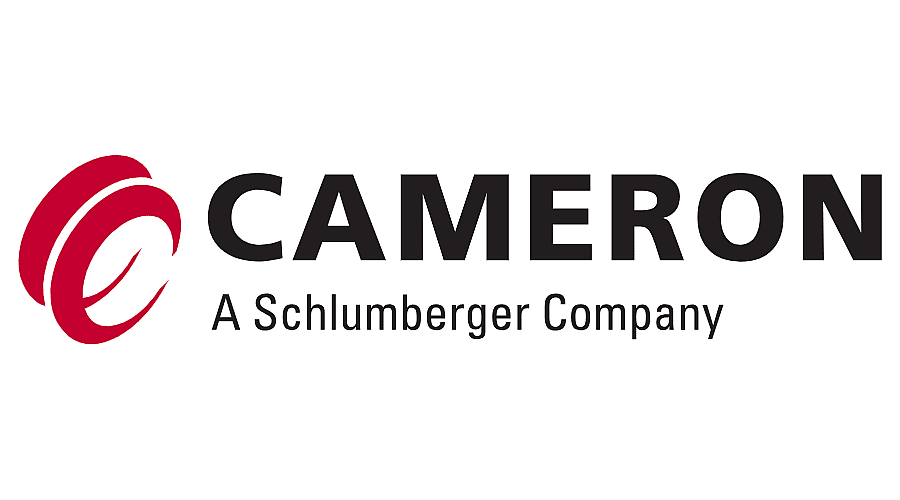How Sacrificial Anodes Function
Cathodic protection is the most effective way to protect metal structures from the dangers and catastrophes that corrosion can bring. Cathodic protection relies on sacrificial anodes to function in order to protect structures from corrosion. If you’re curious about cathodic protection, start by learning more about how sacrificial anodes function.
The Materials Used for Sacrificial Anodes
The material used to create a sacrificial anode is essential to the ability of the cathodic protection to repel harmful corrosion to the structure. Pure active metals such as magnesium or zinc are best for use as sacrificial anodes, although sometimes, you can use an aluminum alloy that’s tailored to use for this specific purpose.
What a Sacrificial Anode Is
Highly active meals are applied to a metal surface to protect that structure from corroding. It is called a sacrificial anode because that anode is sacrificed for the sake of the structure as a whole. It is consumed by corrosion in place of the structure.
How They Are Applied
Sacrificial anodes are applied to the protected structure through a process involving welding or making mechanical connections with low resistance. It’s also important to insulate the connections. The strength and low resistance connections allow the anodes to be consumed in place of the structure, enabling cathodic protection to function correctly.
Industries Using Cathodic Protection
There are many industries that utilize cathodic protection to protect their structures. Here are a few examples:
- Pipelines
- Ships
- Tankers and tank structures
- Docks
- Infrastructure such as bridges
There are many other industries that benefit from investing in properly executed cathodic protection.
If you are interested in corrosion prevention done by experts in the field, contact Dreiym Engineering today. Our team of NACE-certified engineers is ready to help protect your structure. As a cathodic protection contractor, we offer quality service that includes cathodic protection, pipeline surveys, and much more.












































